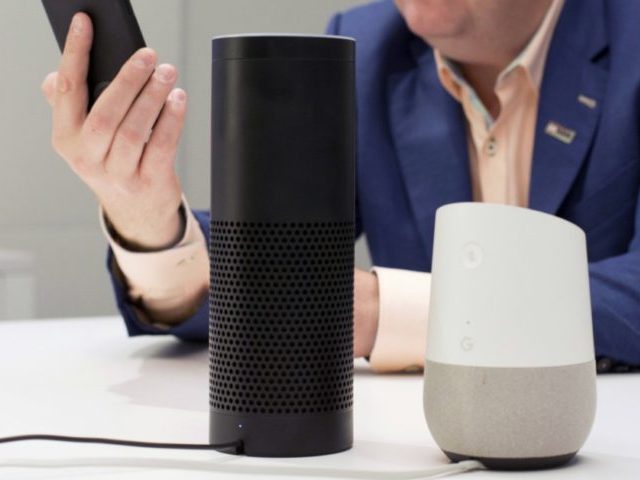The editor of the Mozilla Foundation’s Internet Health Report recently published a blog post on the website of the UK consumer association Which? that questions how privacy-focused the smart devices being pushed by the Masters of the Universe are.
In a blog post to Which.co.uk titled”Are You Being Spied on by Your Smart Home Devices?” Solana Larsen, the editor of the Mozilla Foundation’s Internet Health Report, discusses whether popular smart home devices such as speakers are respecting users’ privacy.
Larsen notes that although many people may have heard of smart devices such as the Amazon Echo or Google Home, there are a number of smart home devices from smart scales to cat litter trays. Larsen warns that just as the number of types of smart devices grows, security and privacy measures often don’t improve. Larsen writes:
Now that more and more companies collect personal data about you, including audio and video of your family, and sensitive biometric and health information, like your heart rate and sleeping habits, it’s worrying that more are not upfront about the privacy and security of their products.
To address this, we at Mozilla publish a ‘*Privacy Not Included’, buyer’s guide every year to assess whether popular smart devices meet our five Minimum Security Standards. This year, we examine 76 popular products, and encourage you to judge for yourself what you think.
Larsen notes that the most popular smart devices have generally improved their security, but many leave much room for improvement. Larsen writes:
For example:
- New types of smart devices like doorbells, which have been criticised for lack of encryption, security vulnerabilities, and privacy issues.
- Fitness trackers designed for kids as young as 4 years old, raise questions about what we are teaching our children about how much digital surveillance in their lives is normal.
- A whole range of pet-focused products entering homes are disturbingly weak on both privacy and security.
Larsen then lists the steps that users could take in order to influence manufacturers to improve the security of these devices:
For example:
- Start rating products on their privacy and security. Wherever we rate the price and performance of products, let’s start rating them on privacy and security too.
- Push for better privacy laws and regulations. In Europe, and beyond, we need to urge politicians to pass robust data privacy regulations — and enforce them!
Read the full Internet Health Report article “How smart homes could be wiser.”
The Mozilla Foundation has also compiled a shopper’s guide of sorts. The guide lists a number of different products with a smiley face above them, as users scroll down the page the smiley changes from smiling to concerned to frightened. This indicates the level of privacy offered by the devices in each category.
Try it out at the Mozilla Foundation’s website here.
Lucas Nolan is a reporter for Breitbart News covering issues of free speech and online censorship. Follow him on Twitter @LucasNolan or email him at lnolan@breitbart.com

COMMENTS
Please let us know if you're having issues with commenting.